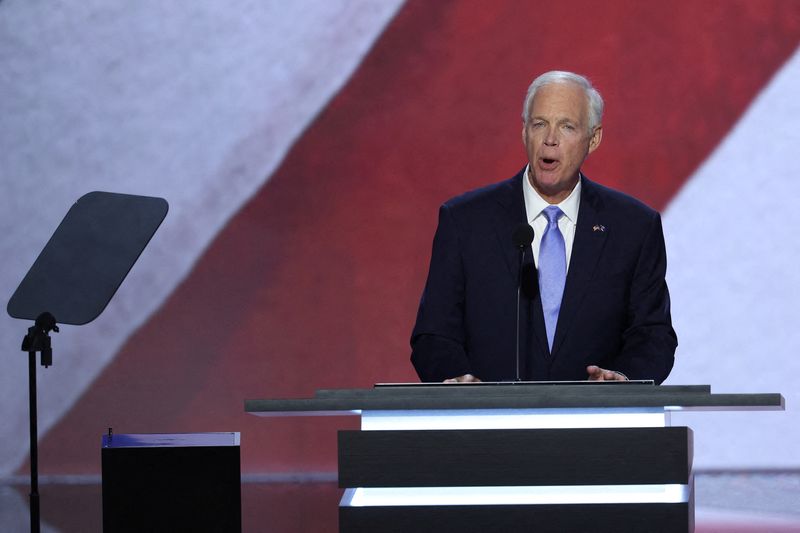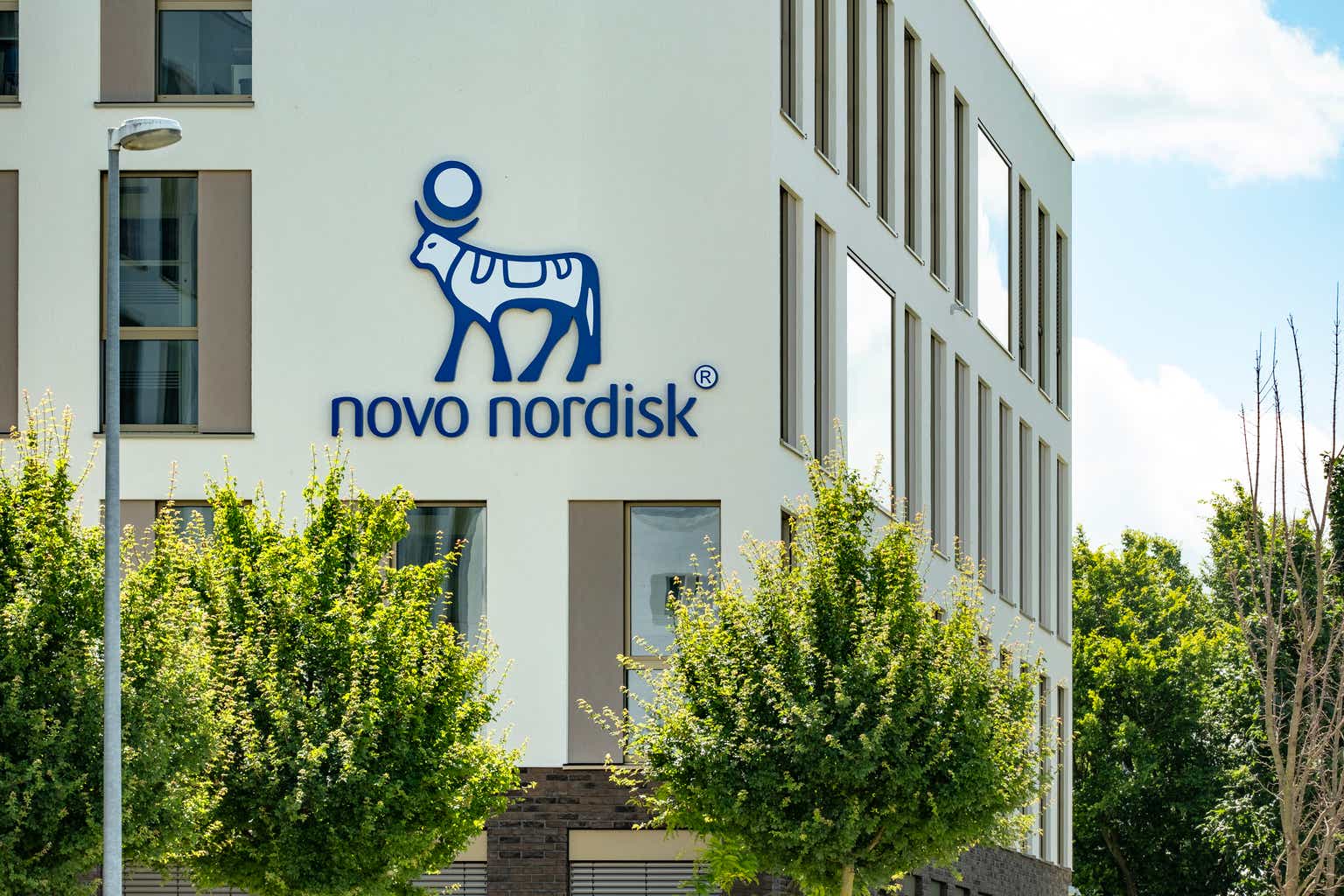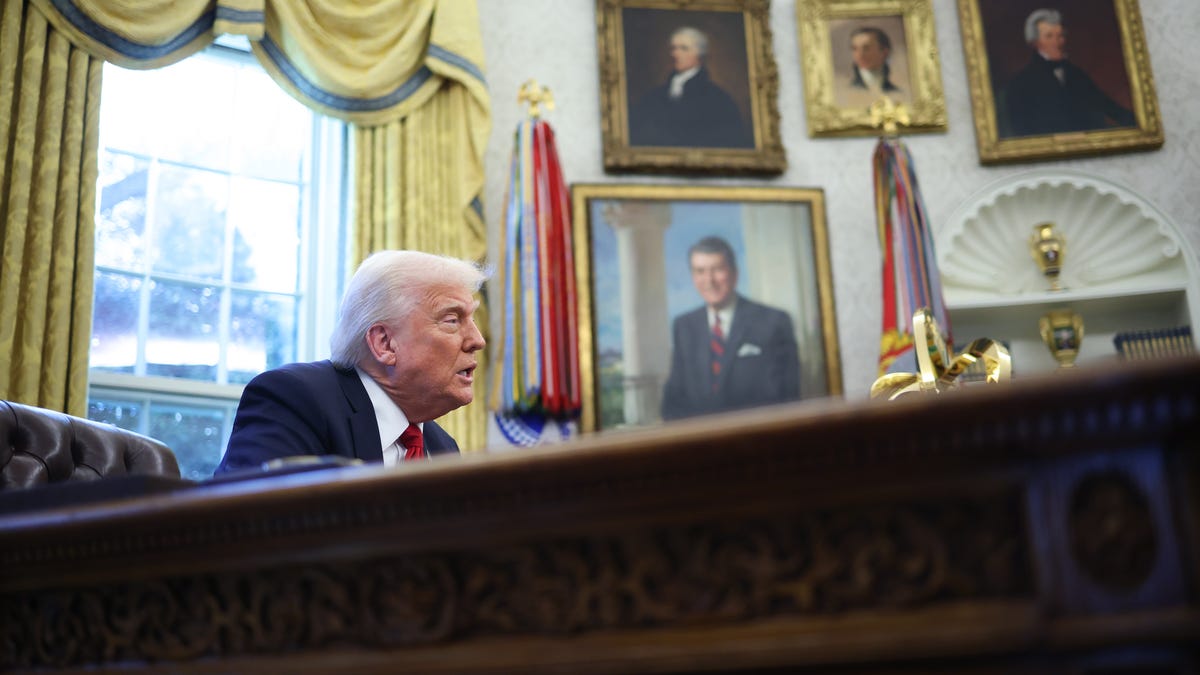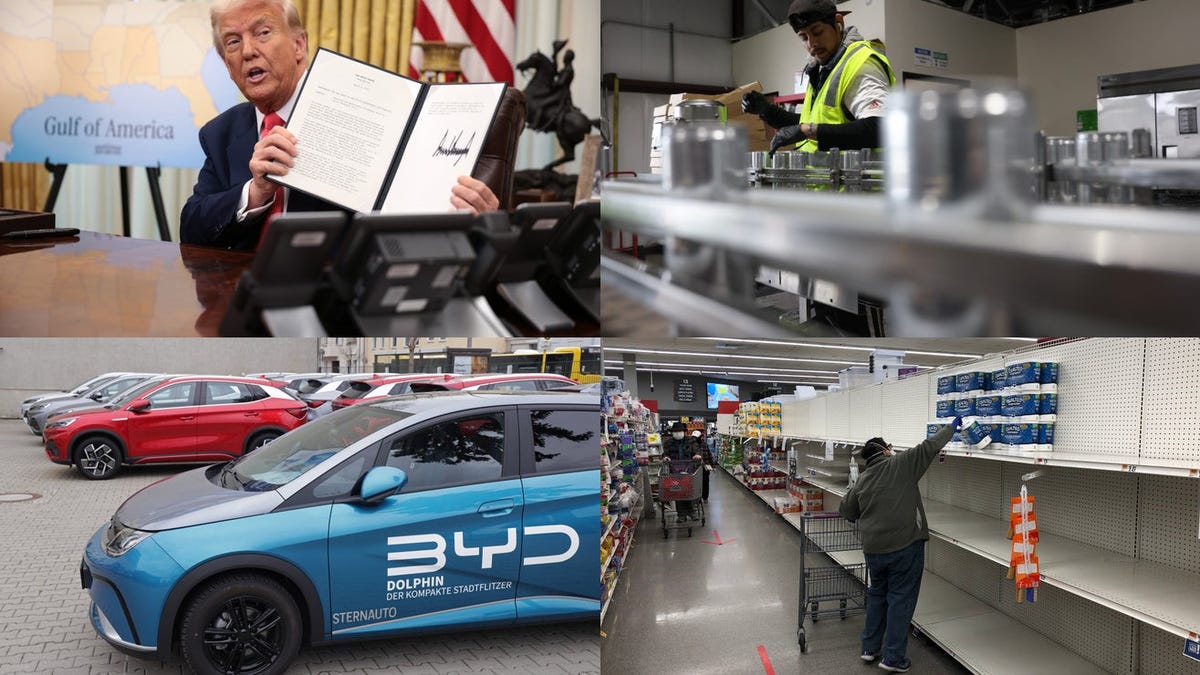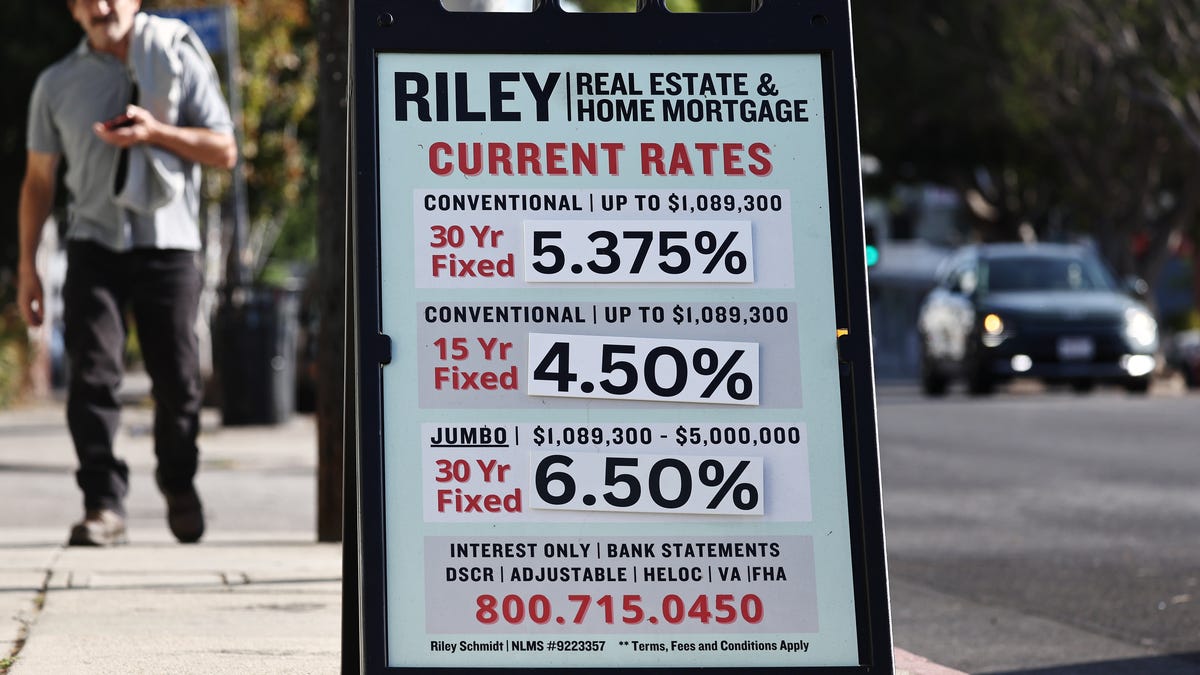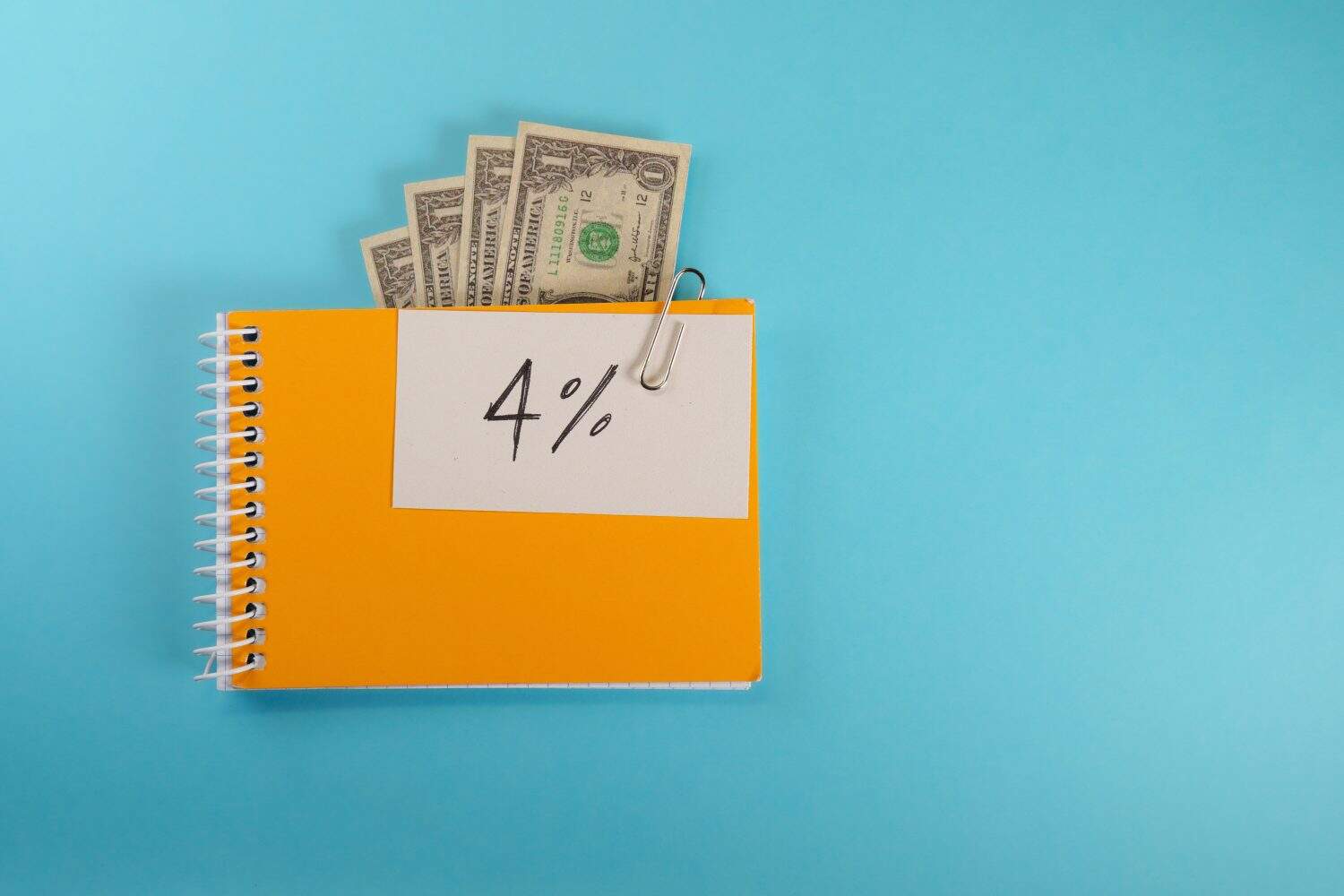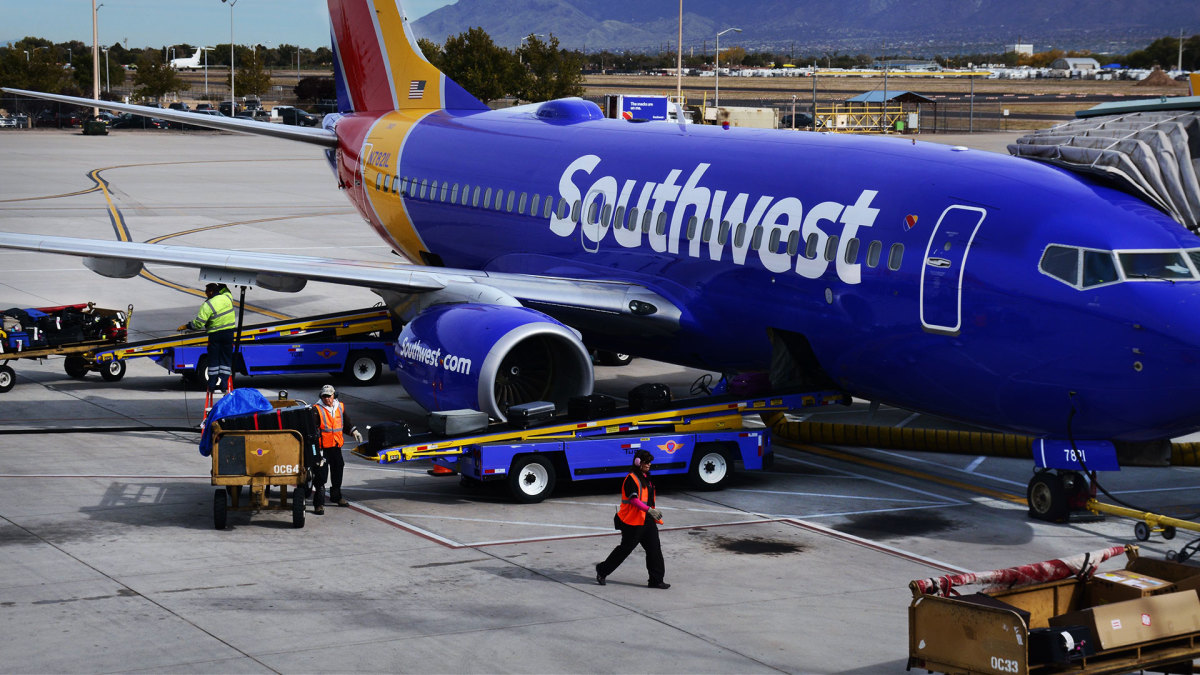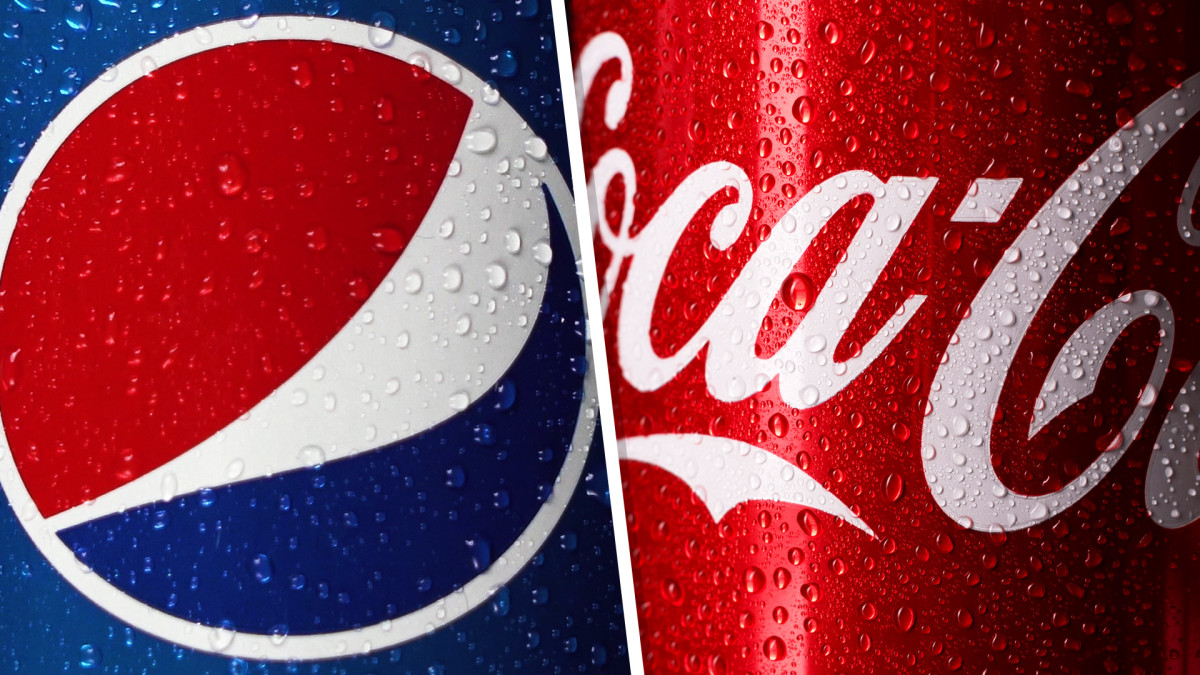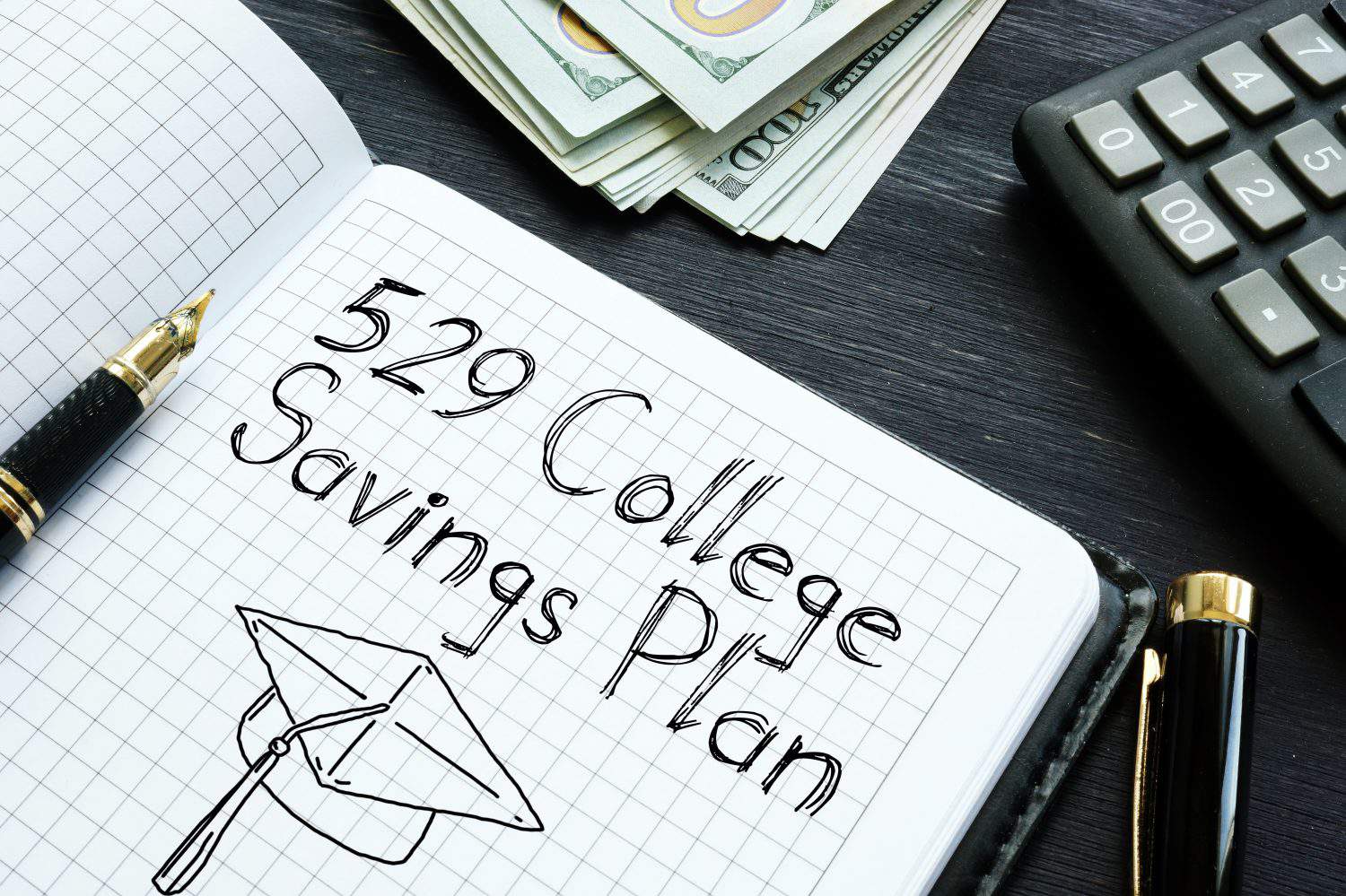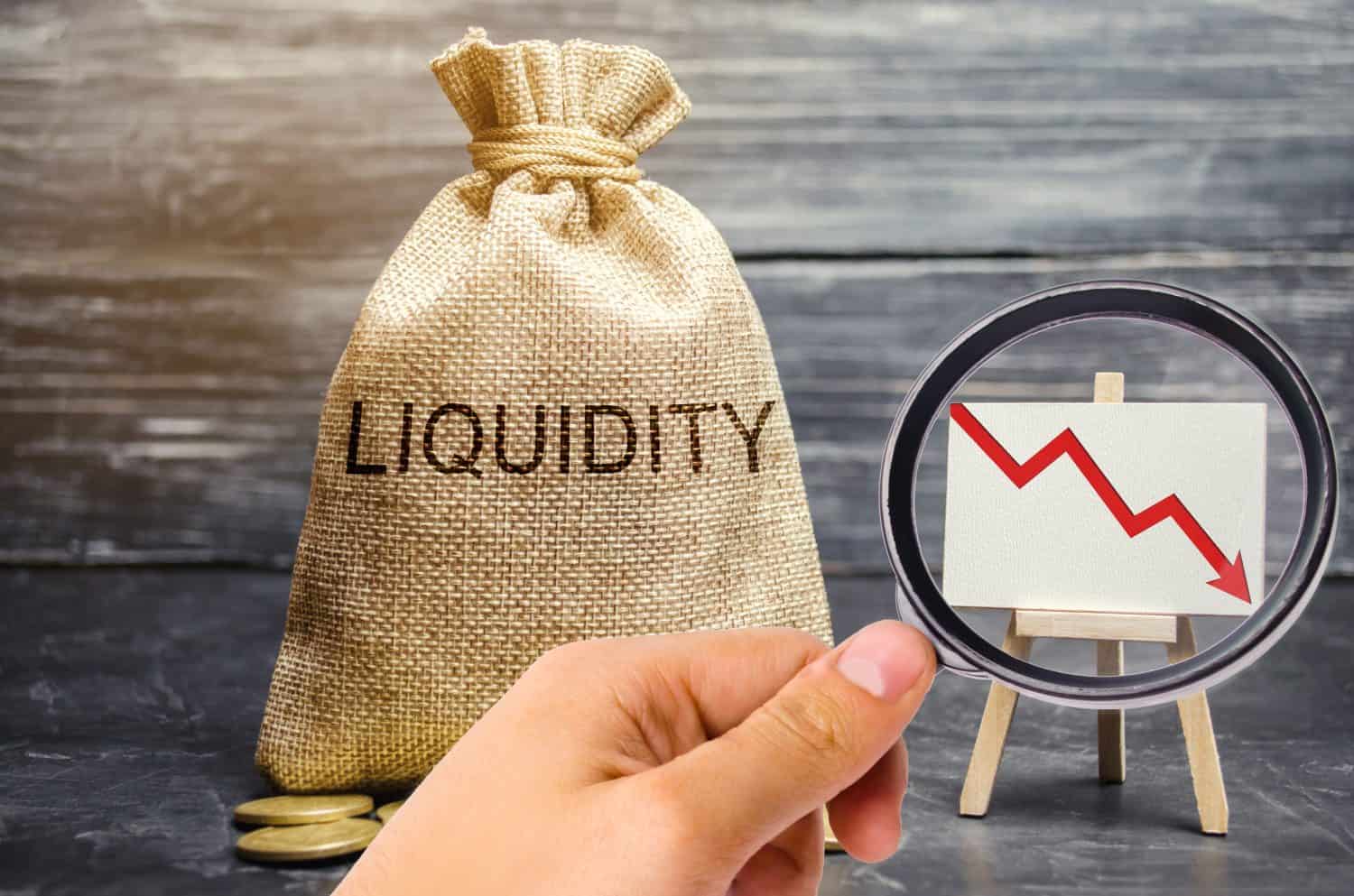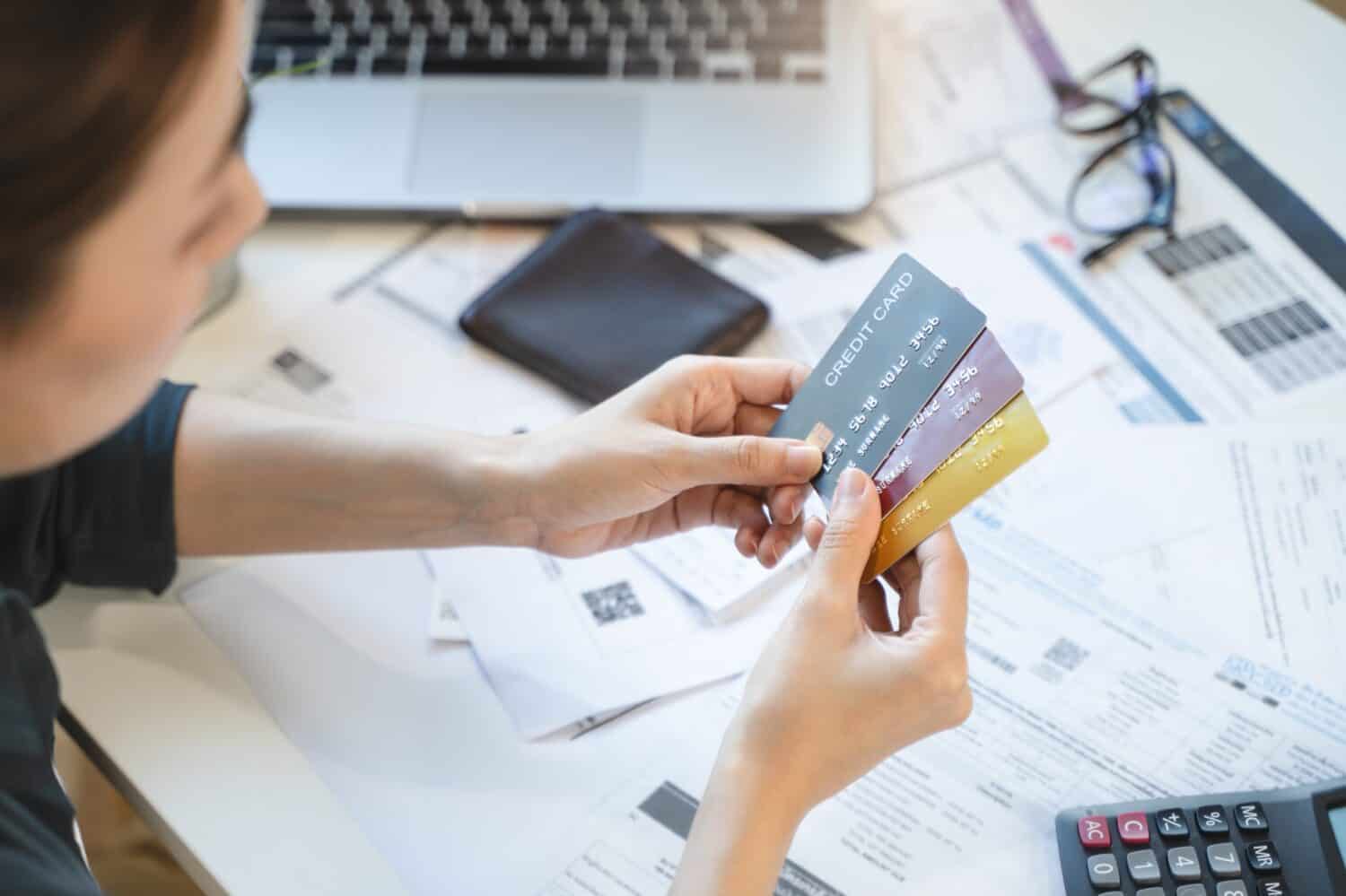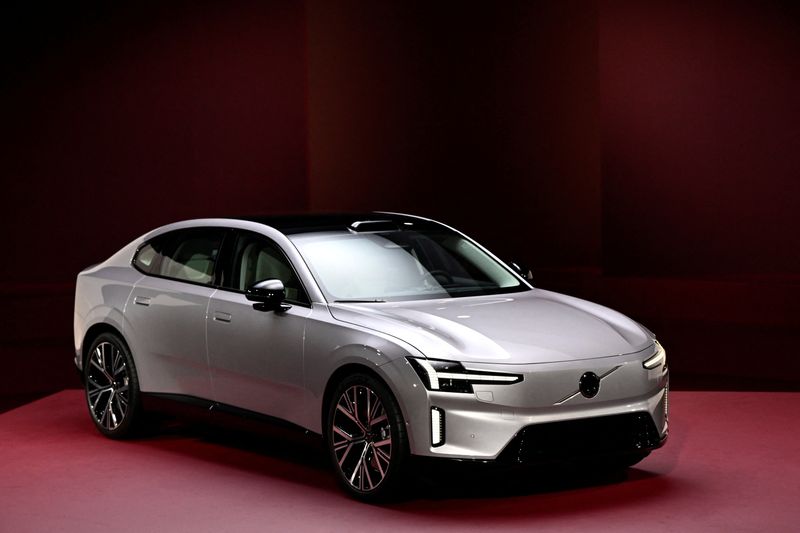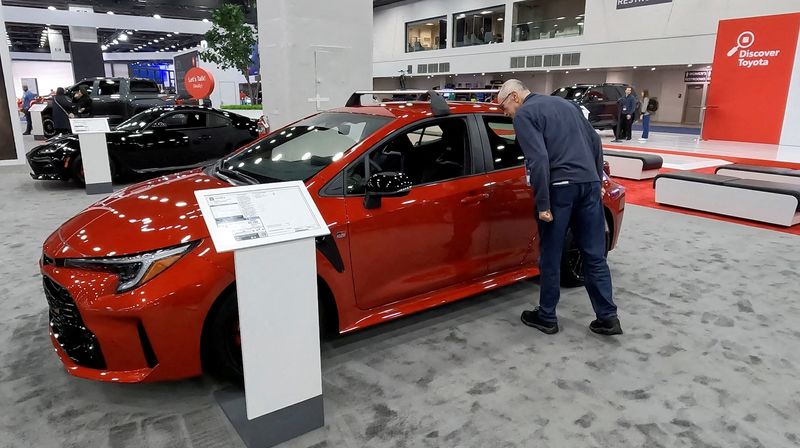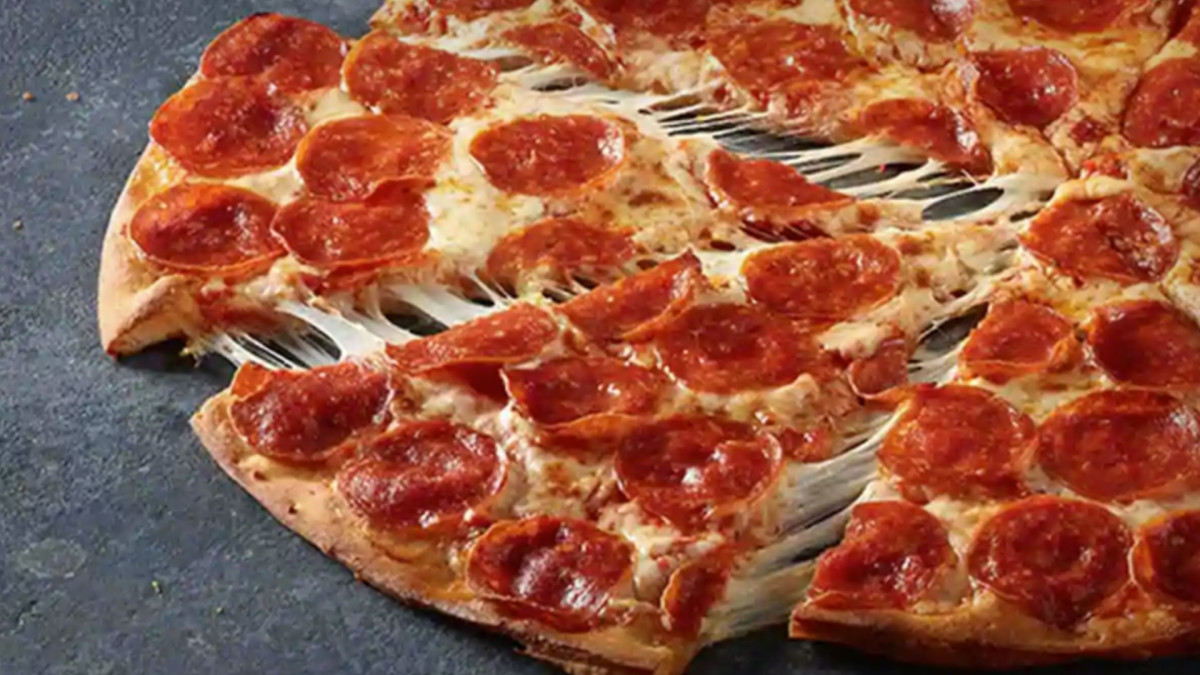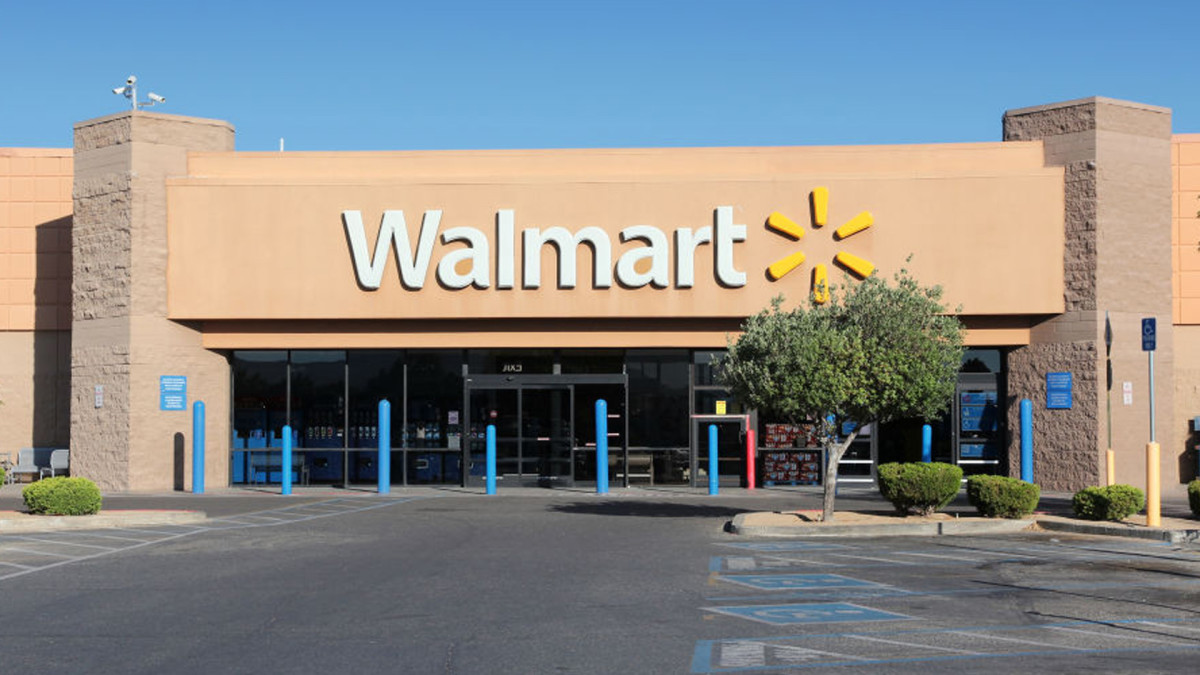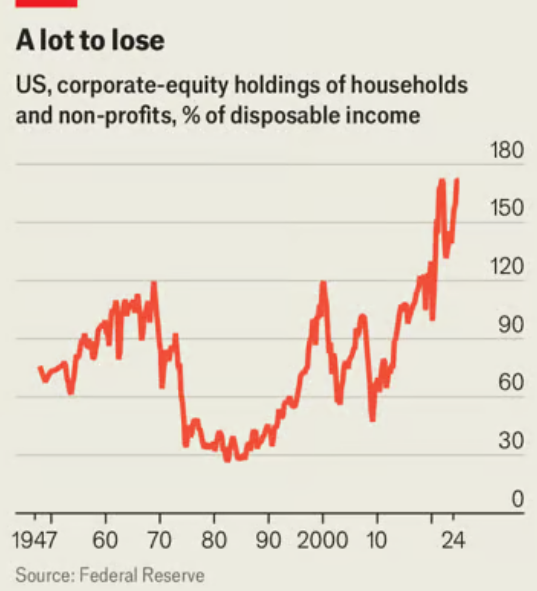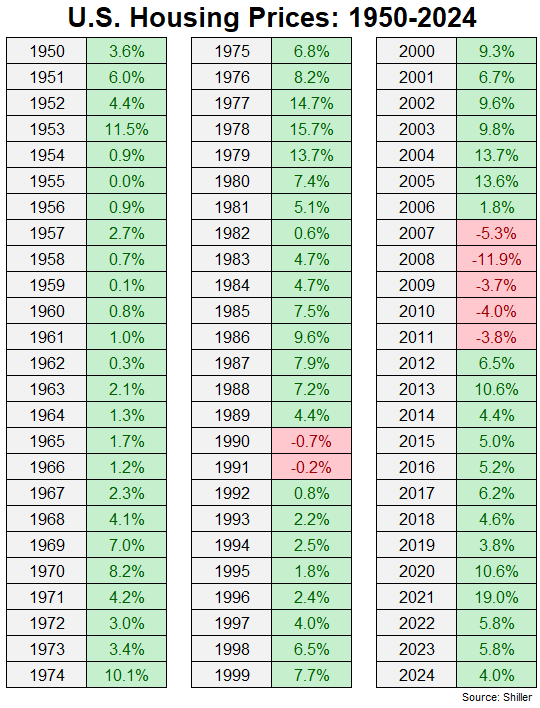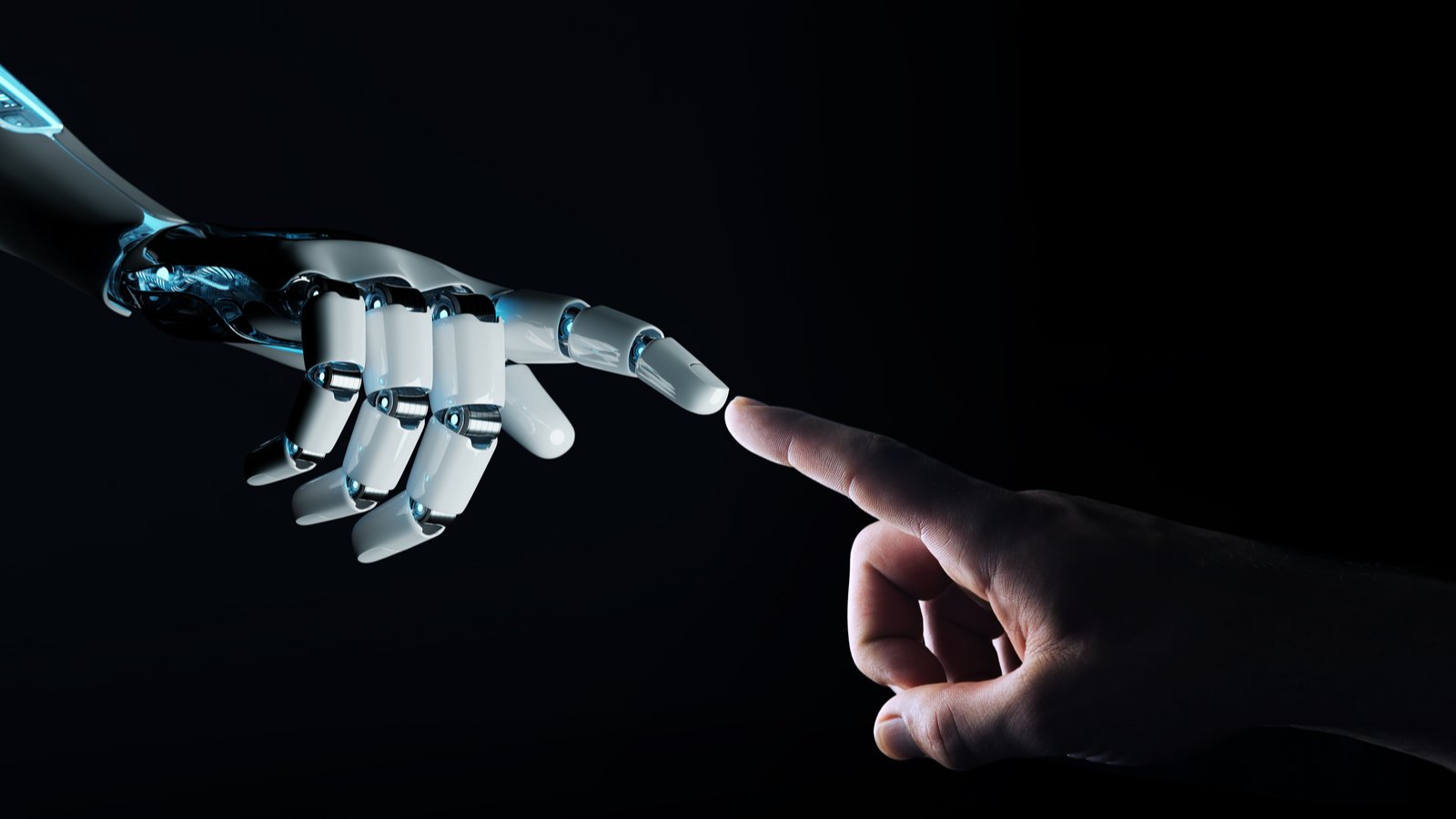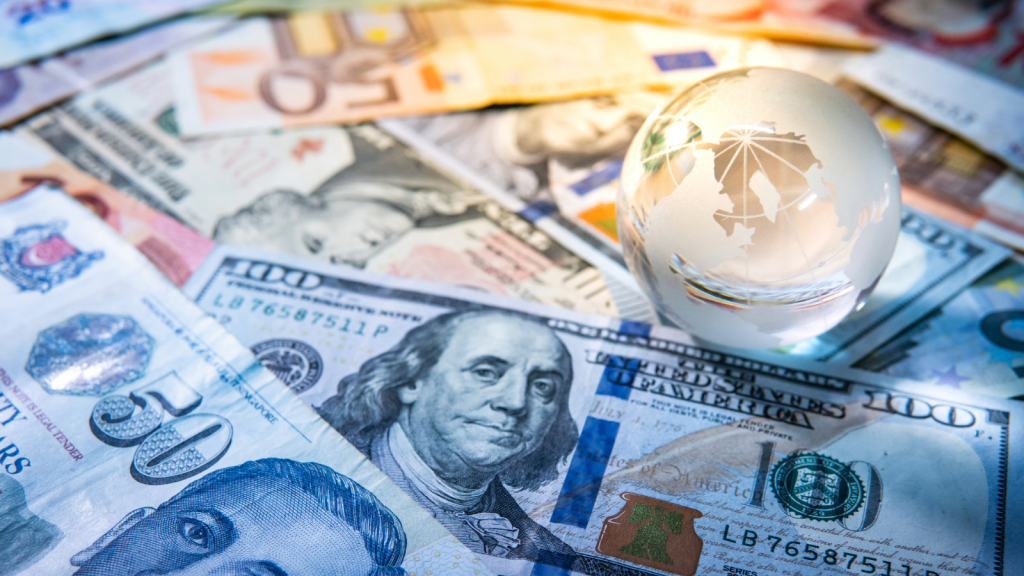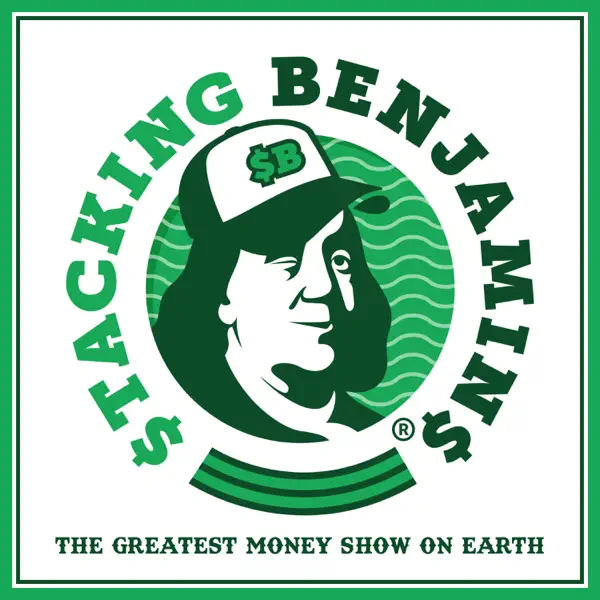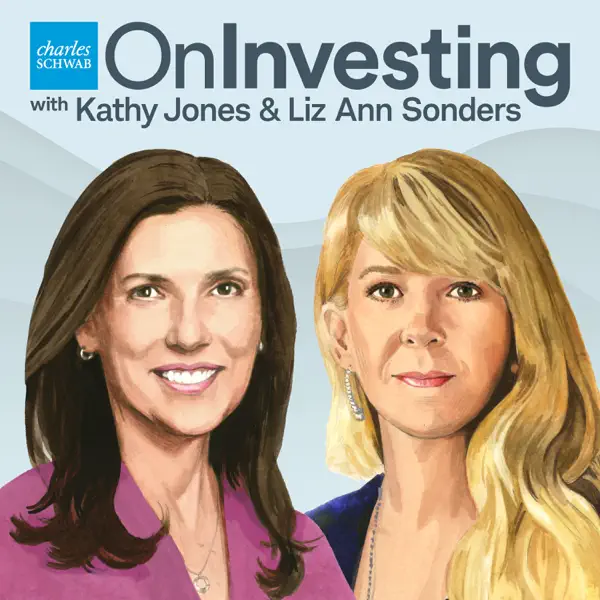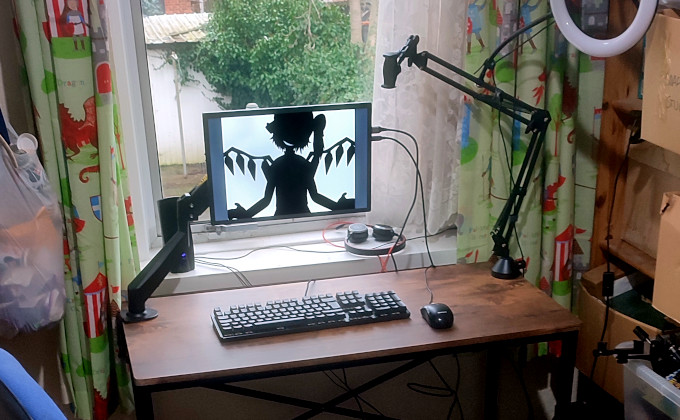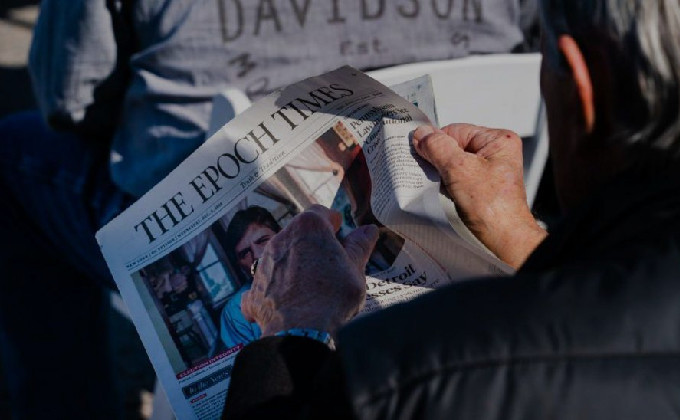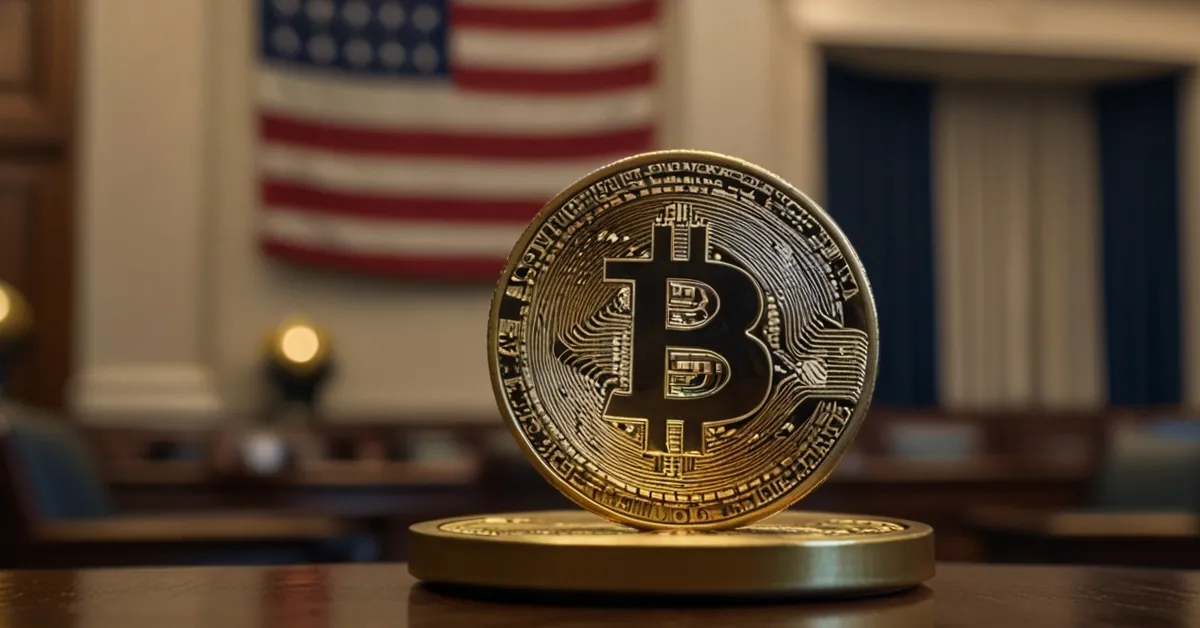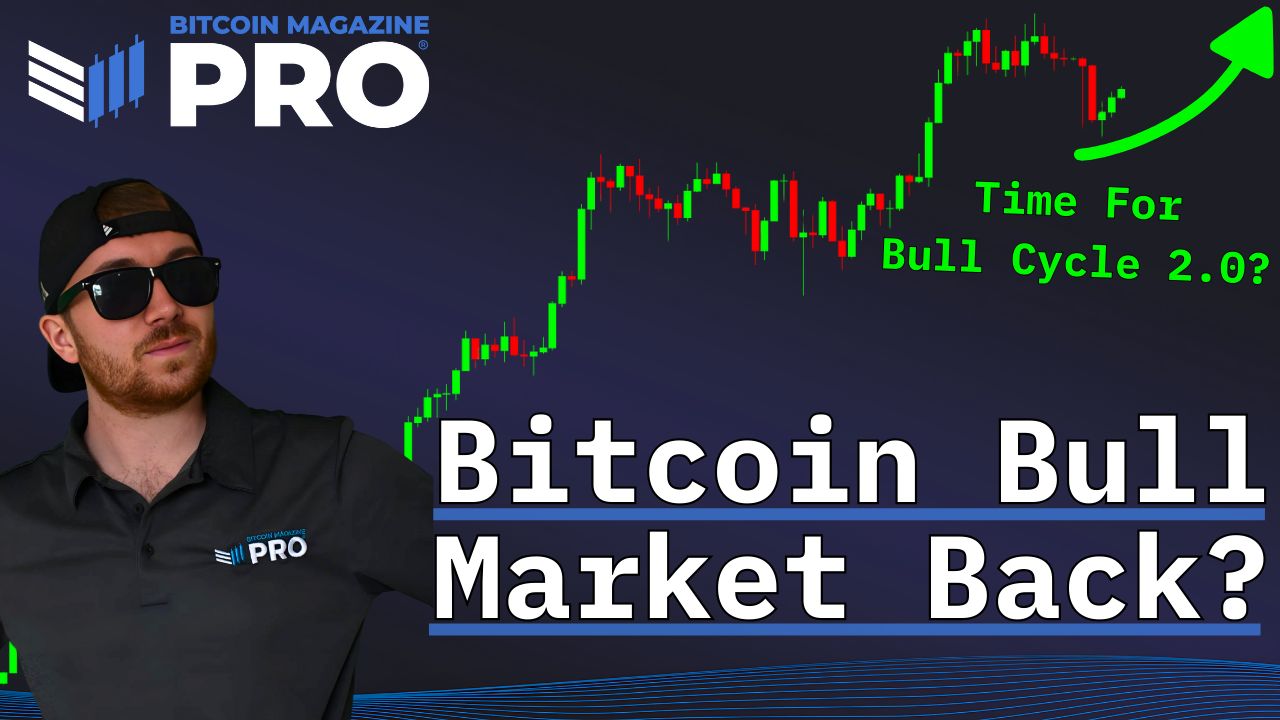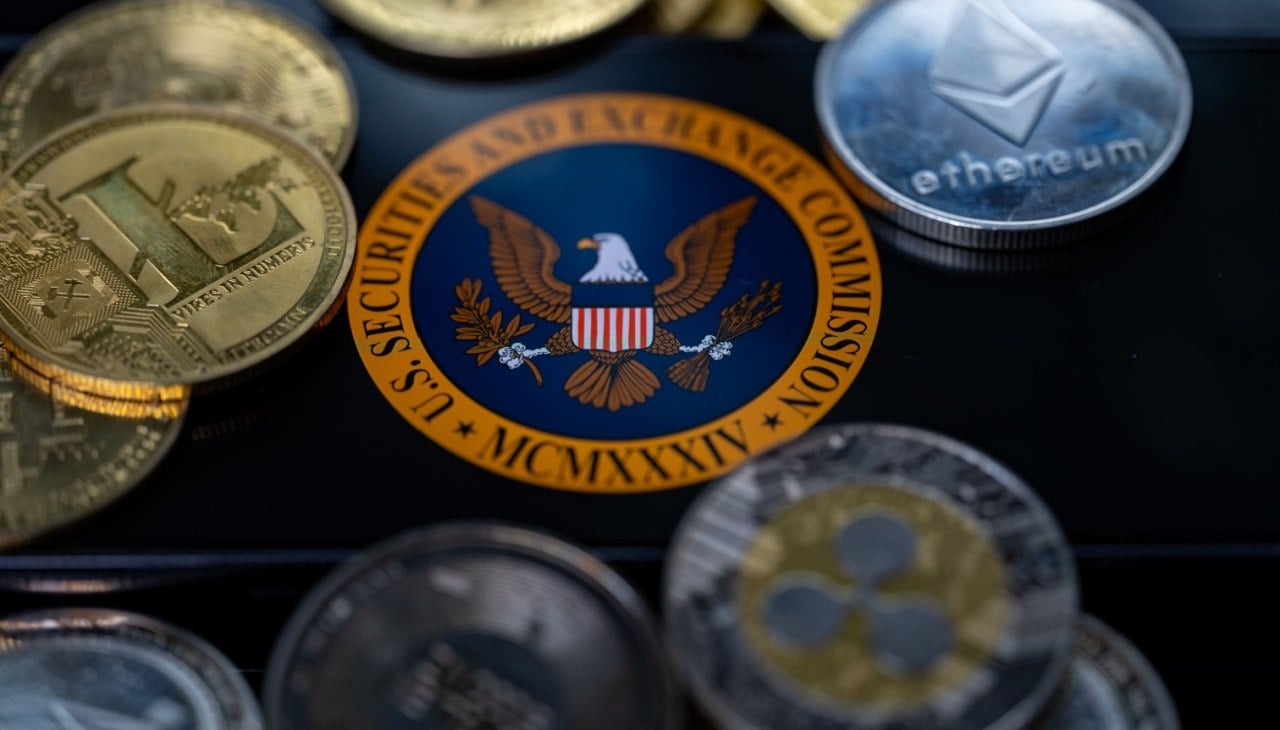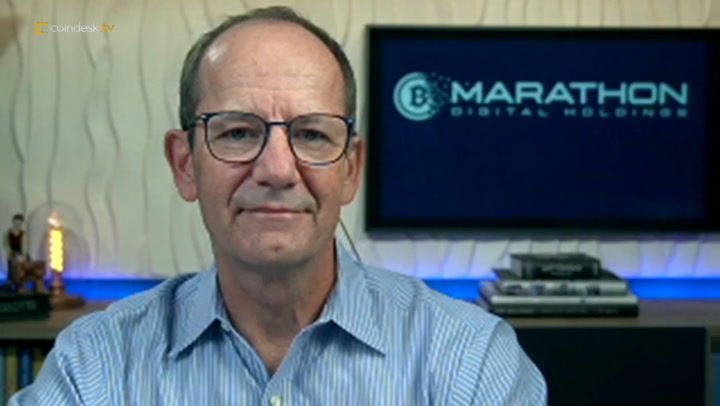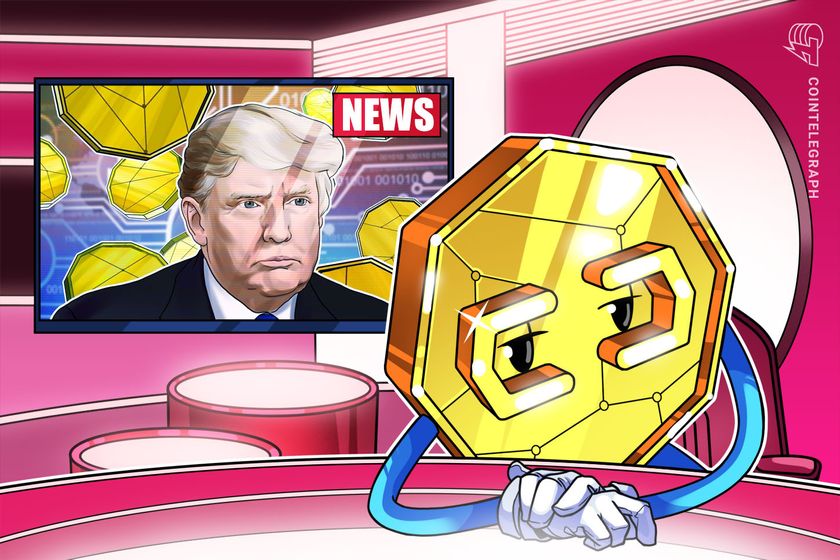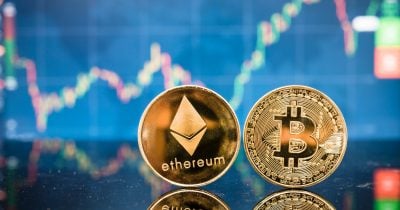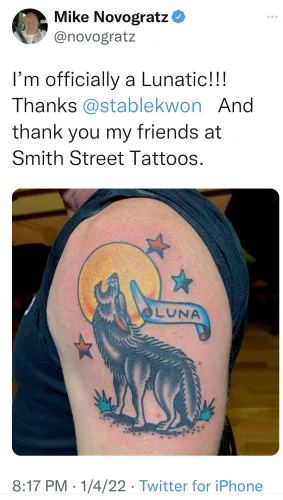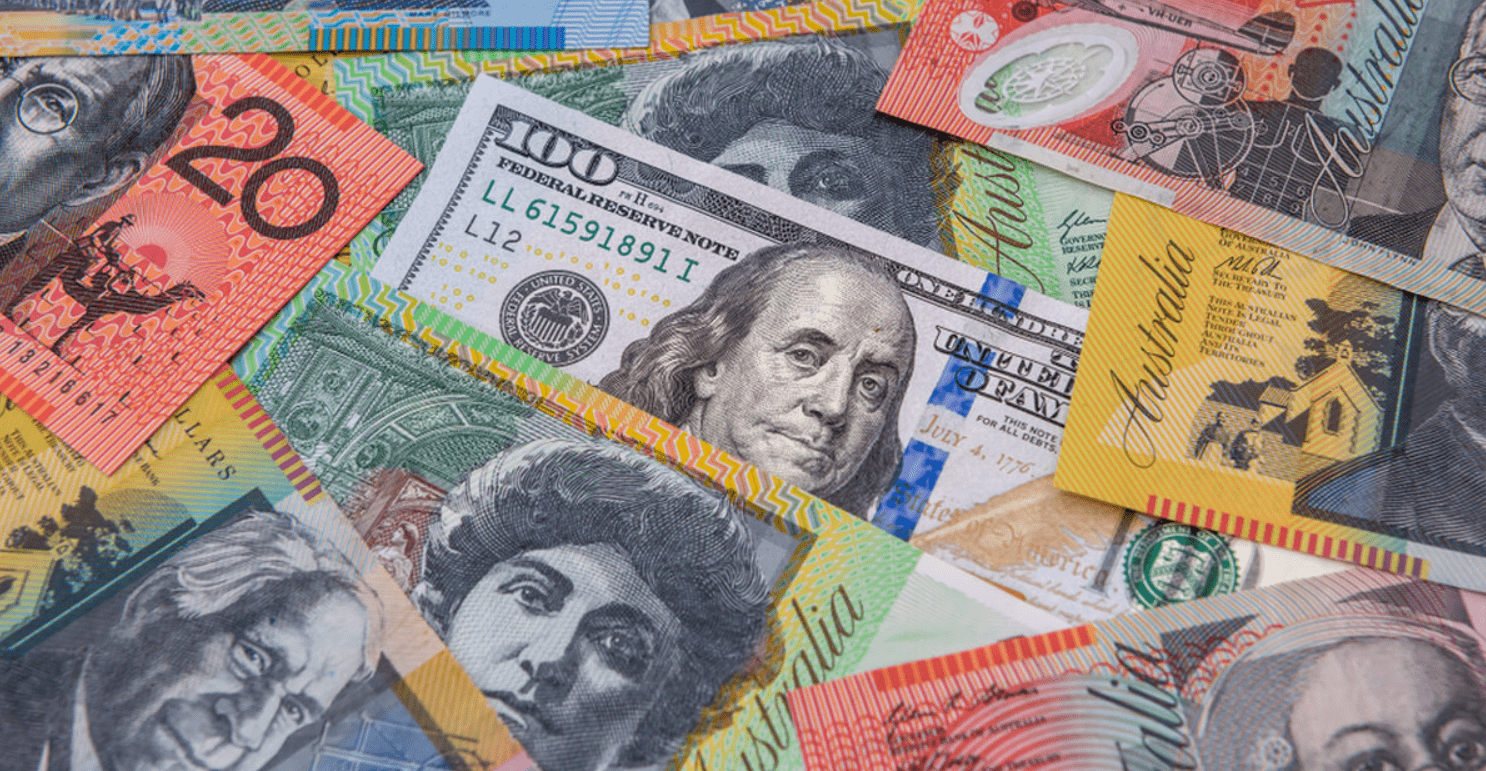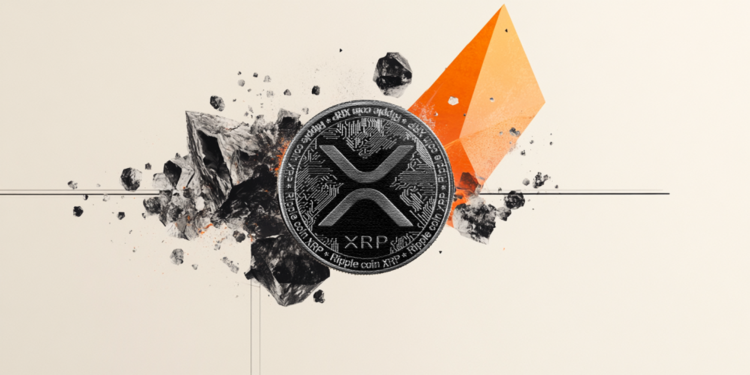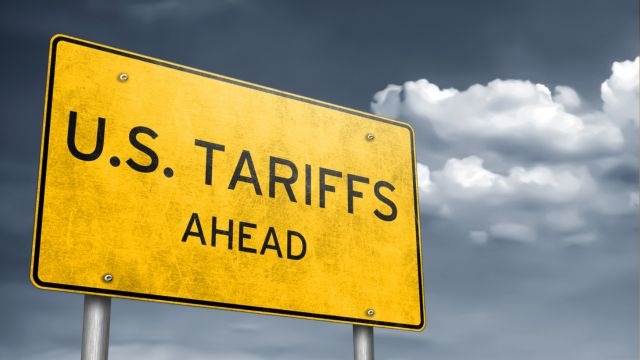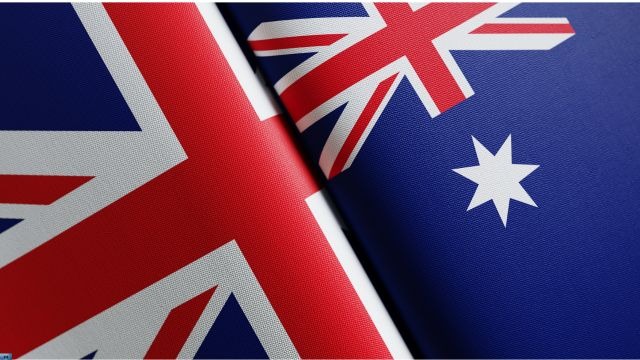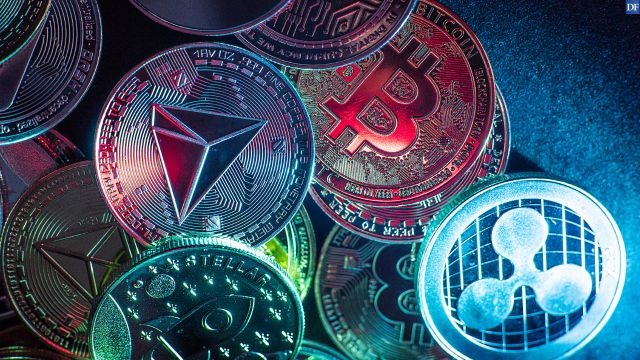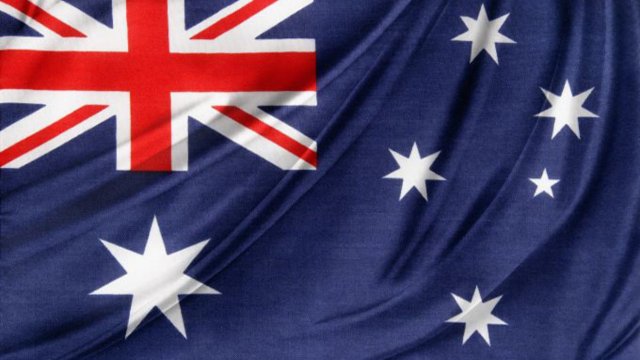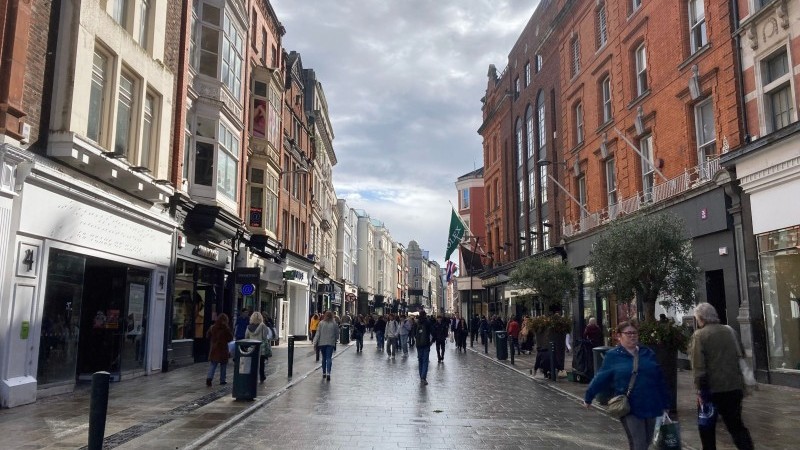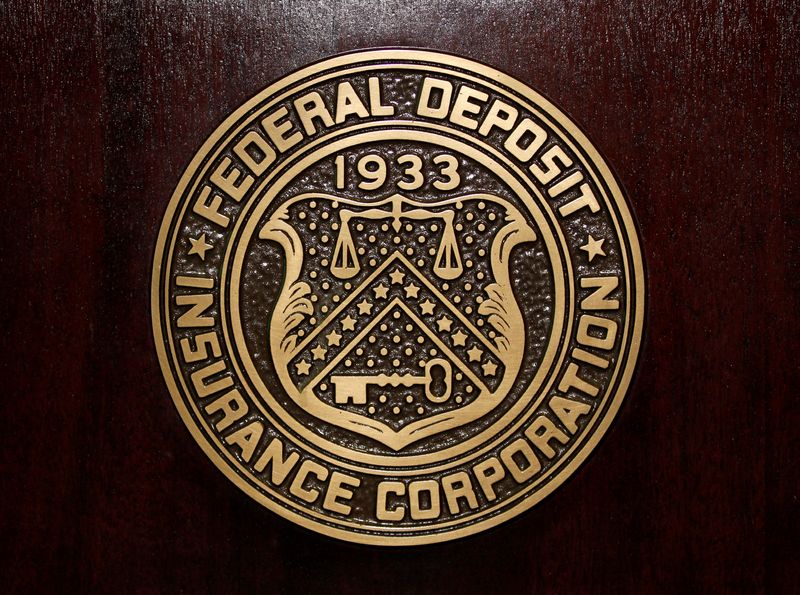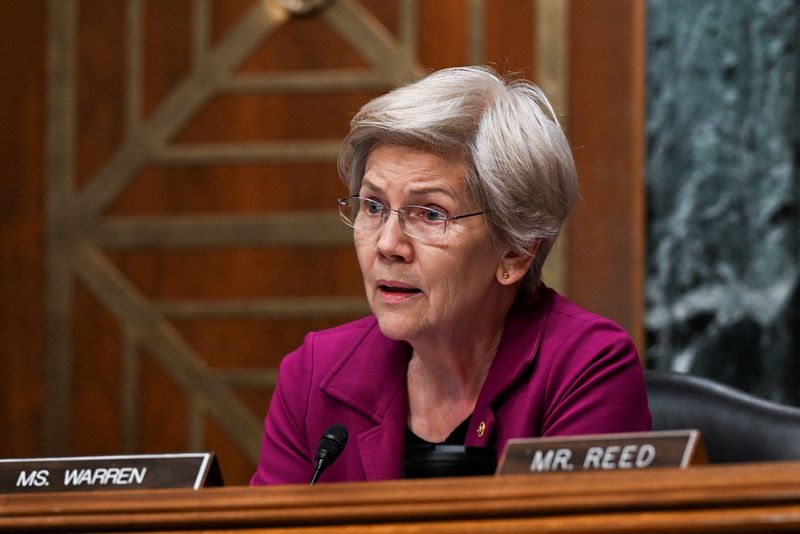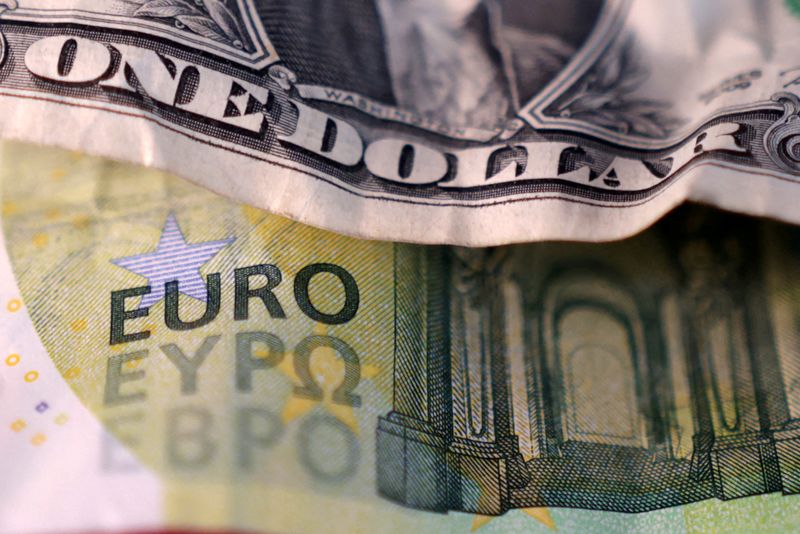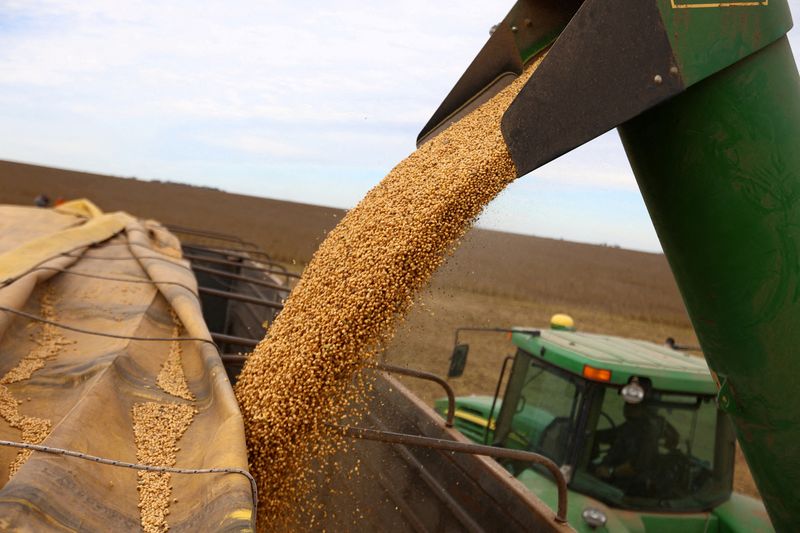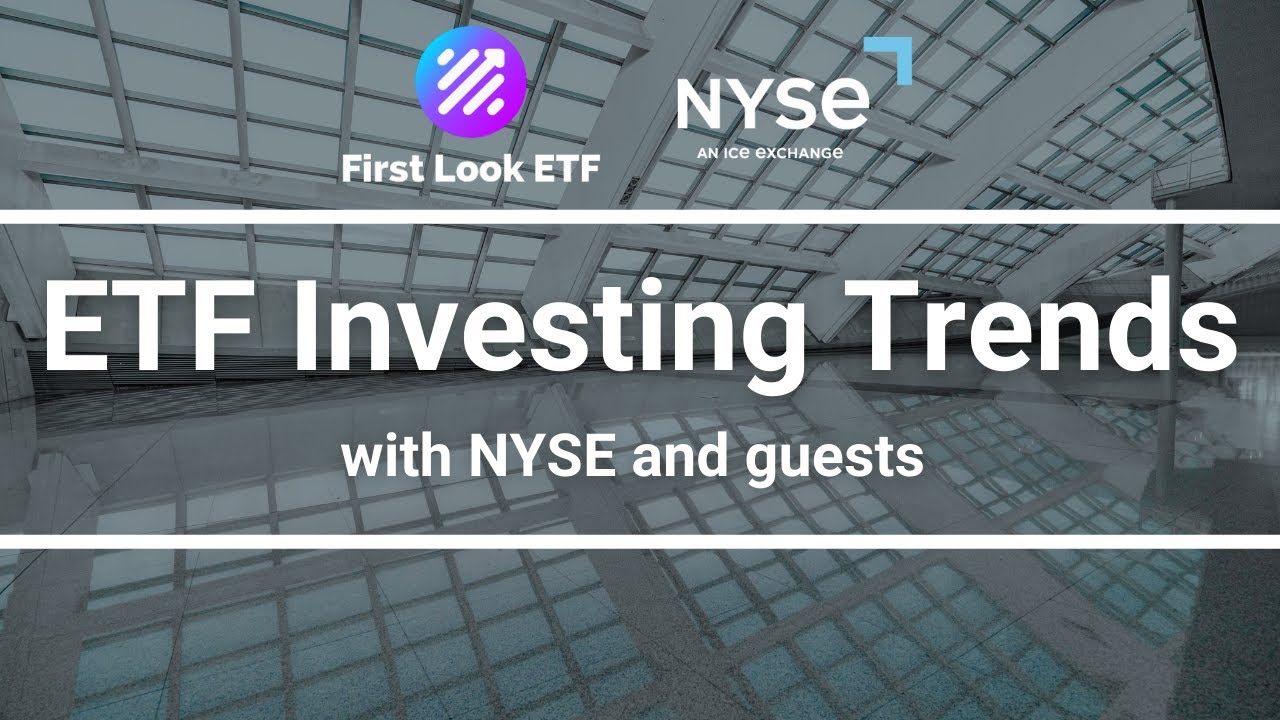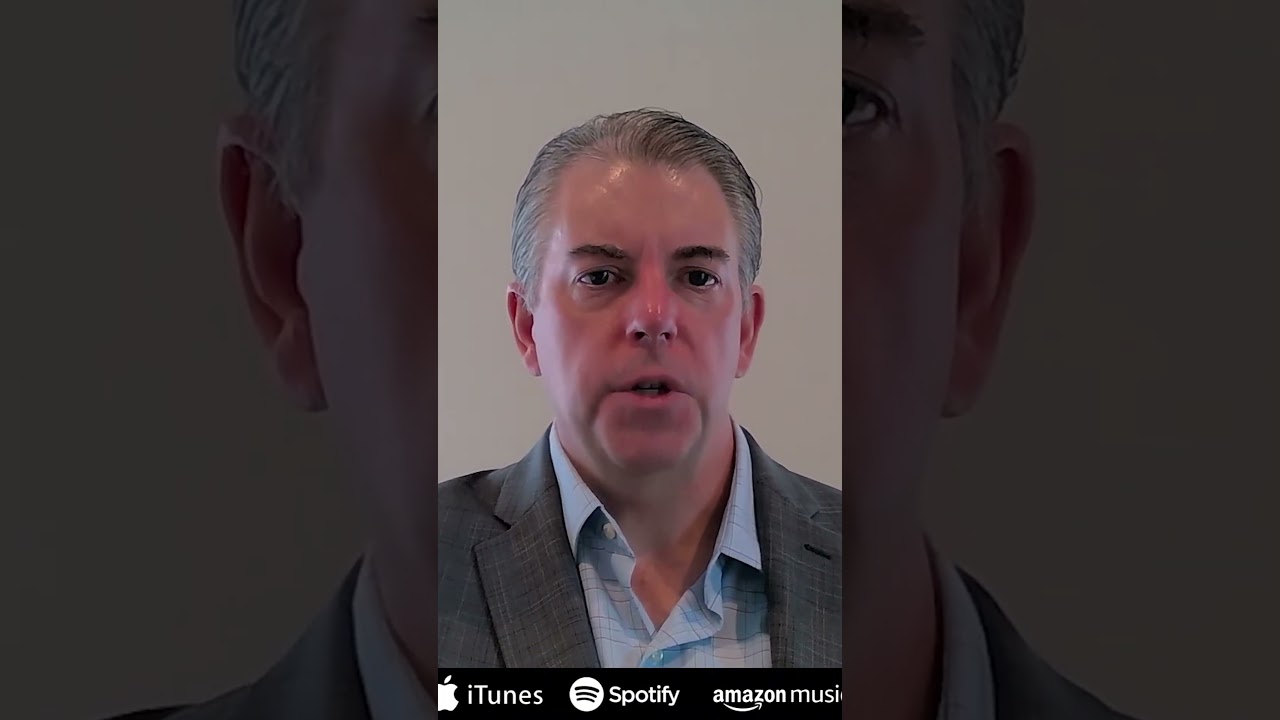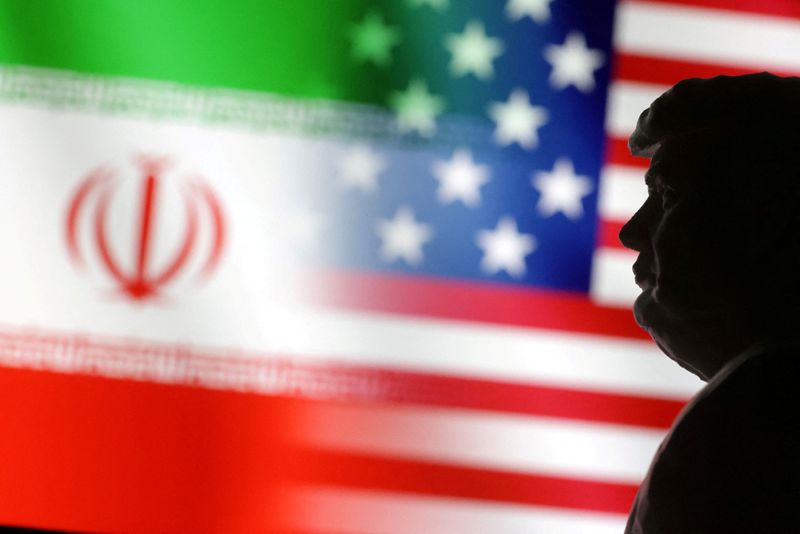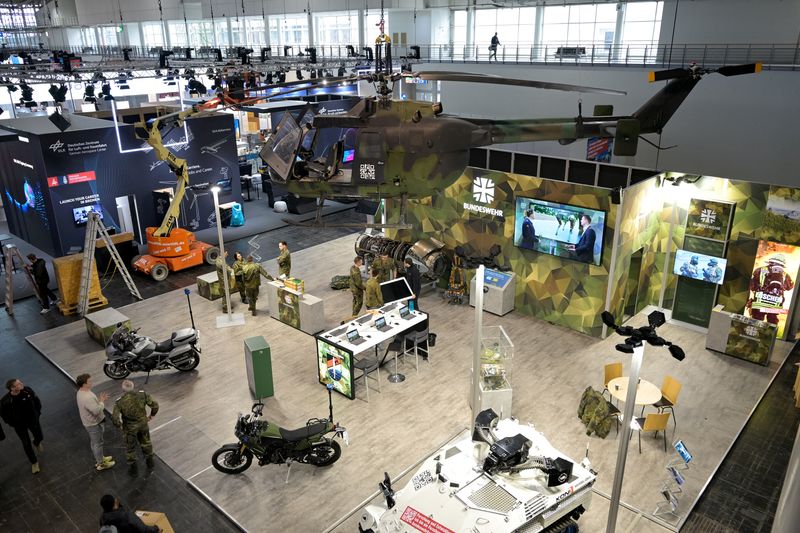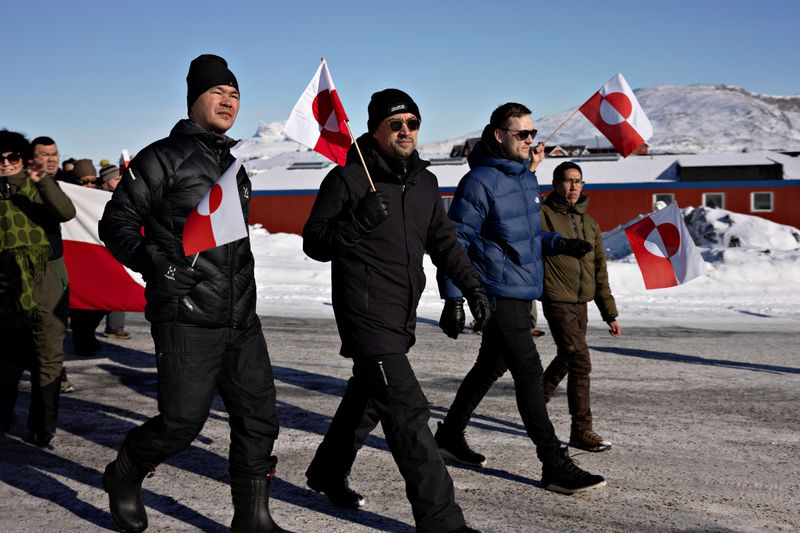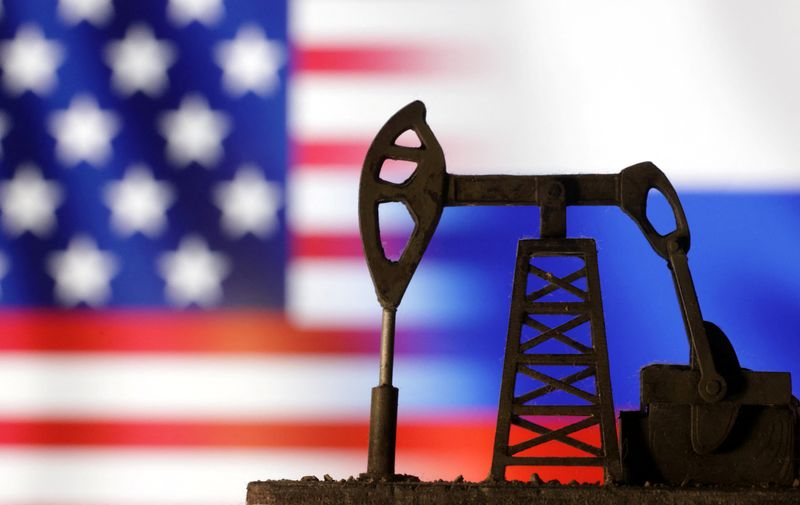Elon Musk warns effect from Trump tariffs is ‘not trivial’ for Tesla
Anywhere from 20% to 25% of a Tesla's value in dollar terms originates from components sourced in Mexico, according to official U.S. data.

- Elon Musk says his company is not immune to Trump's newly announced tariffs on imported cars and car parts. Anywhere from 20% to 25% of a Tesla's value in dollar terms originates from components sourced in Mexico, according to official U.S. data.
President Trump’s senior advisor, Tesla CEO Elon Musk, said his company would not be spared by the new 25% tariff on imported cars and auto parts even if the blow would be blunted.
Tesla manufactures all of its cars sold in the U.S. domestically, but it does import at least a fifth of the value of its vehicles from Mexico, and in many cases, as much as a fourth.
“To be clear, this will affect the price of parts in Tesla cars that come from other countries. The cost impact is not trivial,” Musk posted on Wednesday.
The tariffs announced earlier that day have triggered alarm bells in an industry that unlike any other relies on global supply chains and free trade agreements to maintain affordability and eke out a profit margin in the single digits.
Each car contains thousands of individual components that go back and forth across borders at various stages of a vehicle’s final completion, meaning steep-enough tariffs like the one Trump just imposed can wipe out the economic viability of a certain vehicle overnight.
German carmakers and their suppliers, many of whom manufacture in the United States already, called the tariff a “fatal signal” that would cost Americans growth and prosperity along with the rest of the world. Few, for example, know the biggest positive contributor to the U.S. automotive trade balance actually comes from BMW, whose largest plant worldwide is not in Germany, but in South Carolina.
Art Wheaton, an expert on transportation industries with Cornell University, warned Trump’s tariff could have grave effects given the U.S. imports half of the vehicles it buys and even more in the form of components.
“The 25% tariff on autos and parts will create immediate price increases and wreak havoc on supply chains,” he said, estimating as much as $10,000 or even $20,000 in added costs to the consumer.
'Certain parts and components are difficult or impossible to source within the United States'
Musk’s claims that Tesla will suffer are somewhat excessive. Yes, Tesla will take a hit, but it is marginal—even compared to other U.S. carmakers.
Thanks to the enactment of the American Automobile Labeling Act in 1992, consumers can shop for cars using—among other more traditional criteria like price, segment and bodystyle—the share of the car’s value that originated in the U.S. and Canada.
While that doesn’t isolate a vehicle’s U.S.-only share, it does give a clear guide about how much comes from Mexico. (A list for the various model years can be found here.)
For example, the Ford Mustang Mach-E derives only a combined 13% of its value from the U.S. and Canada, while 78% is considered to have come from Mexico, where the electric crossover is also manufactured.
But even those car models that technically speaking are U.S.-built may not really be red, white, and blue on the inside.
Take the Cadillac CT5: Its final assembly takes place in Lansing, Michigan. Yet, underneath the hood, it is arguably more Mexican than anything else. According to AALA data, just shy of half its content comes from south of the border. By comparison, no more than 15% of the manufacturer’s suggested retail price is actually American, even though that’s where it’s built.
Thanks to the AALA, we can see precisely what “not trivial is” in Musk’s book. The Model Y Long Range, Tesla’s most popular vehicle by far, is a quarter Mexican by value.
“Even with aggressive localization of the supply chain, certain parts and components are difficult or impossible to source within the United States,” Tesla said in a letter this month to Jamieson Greer, ambassador for the U.S. Trade Representative, which notably lacked a signature.
Tesla did not respond to a request by Fortune for comment.
This story was originally featured on Fortune.com




